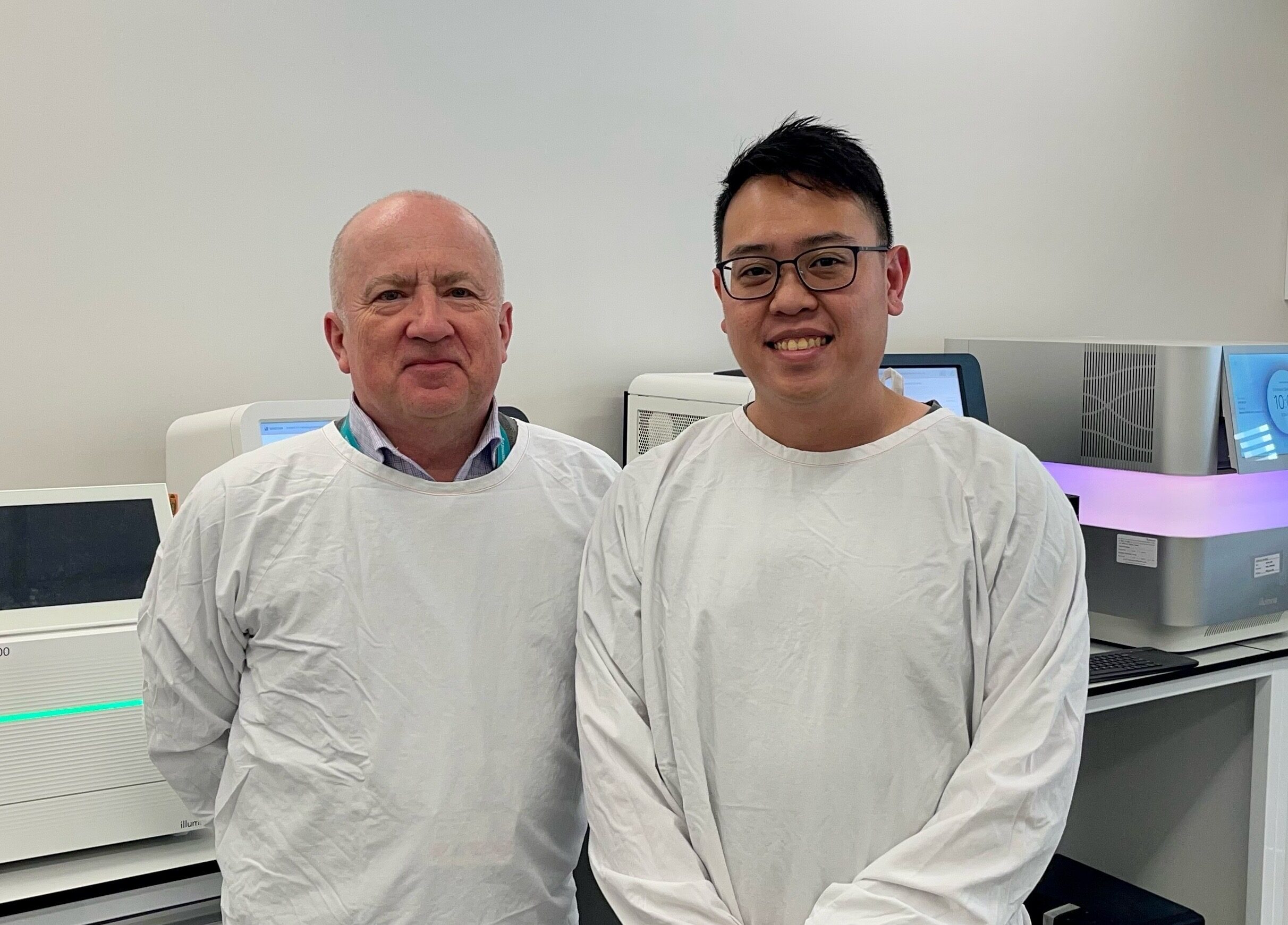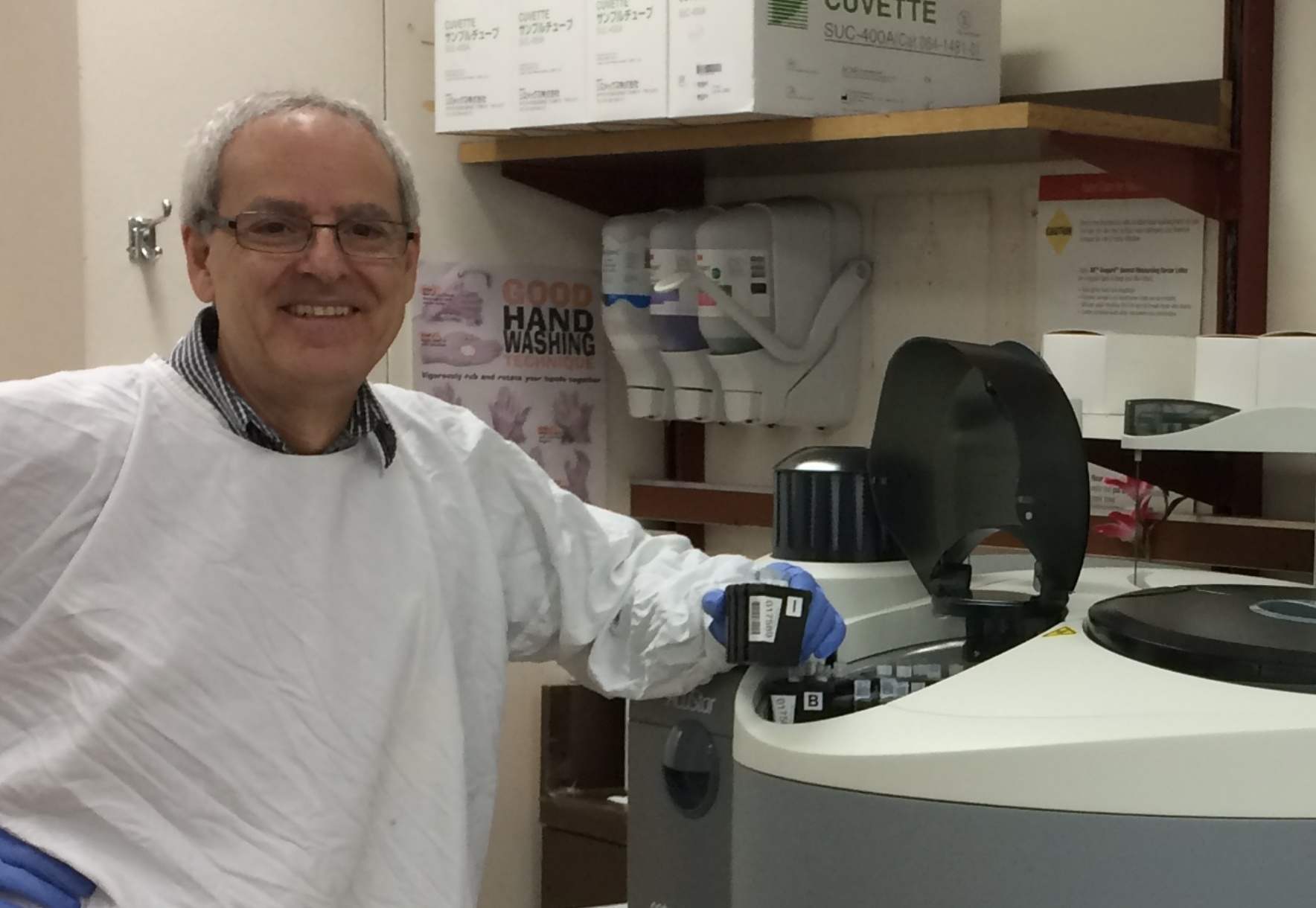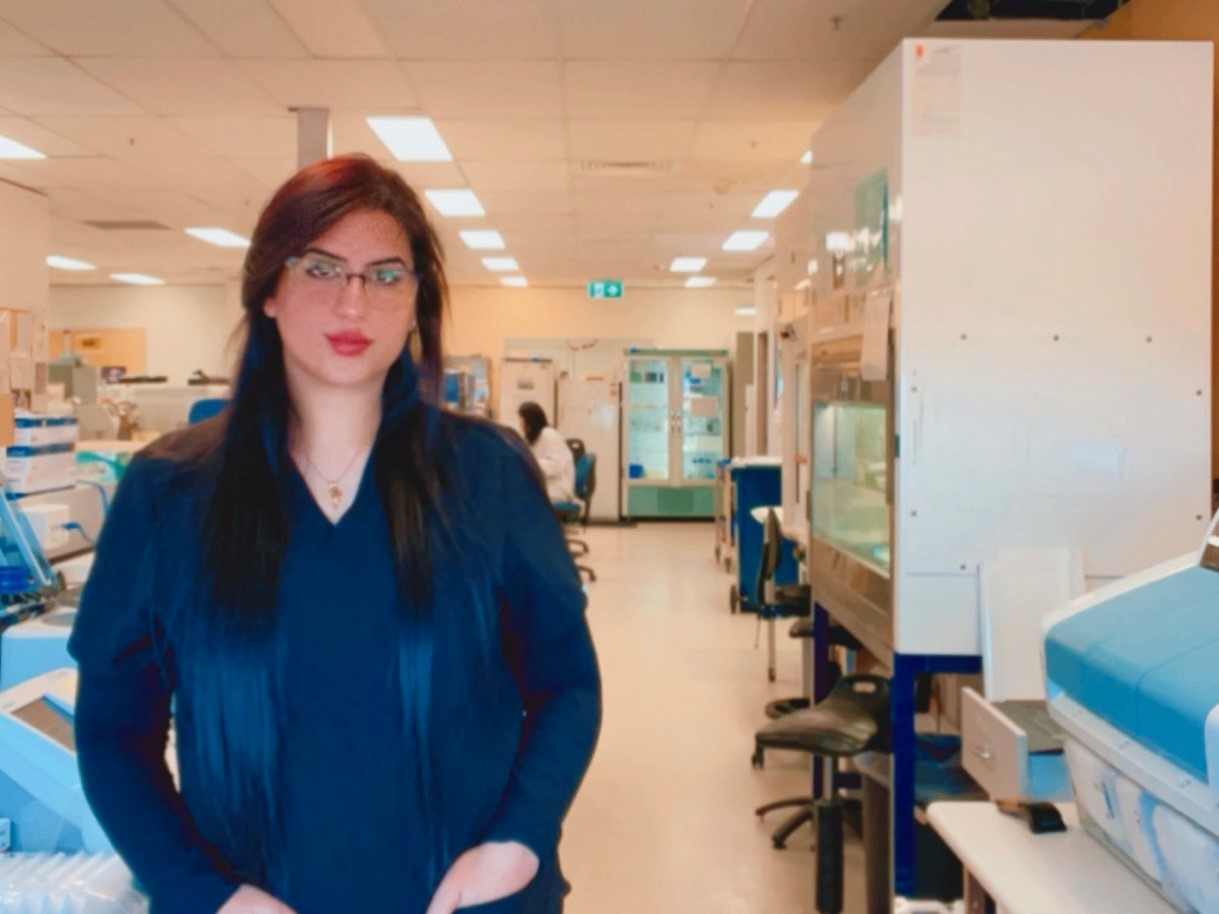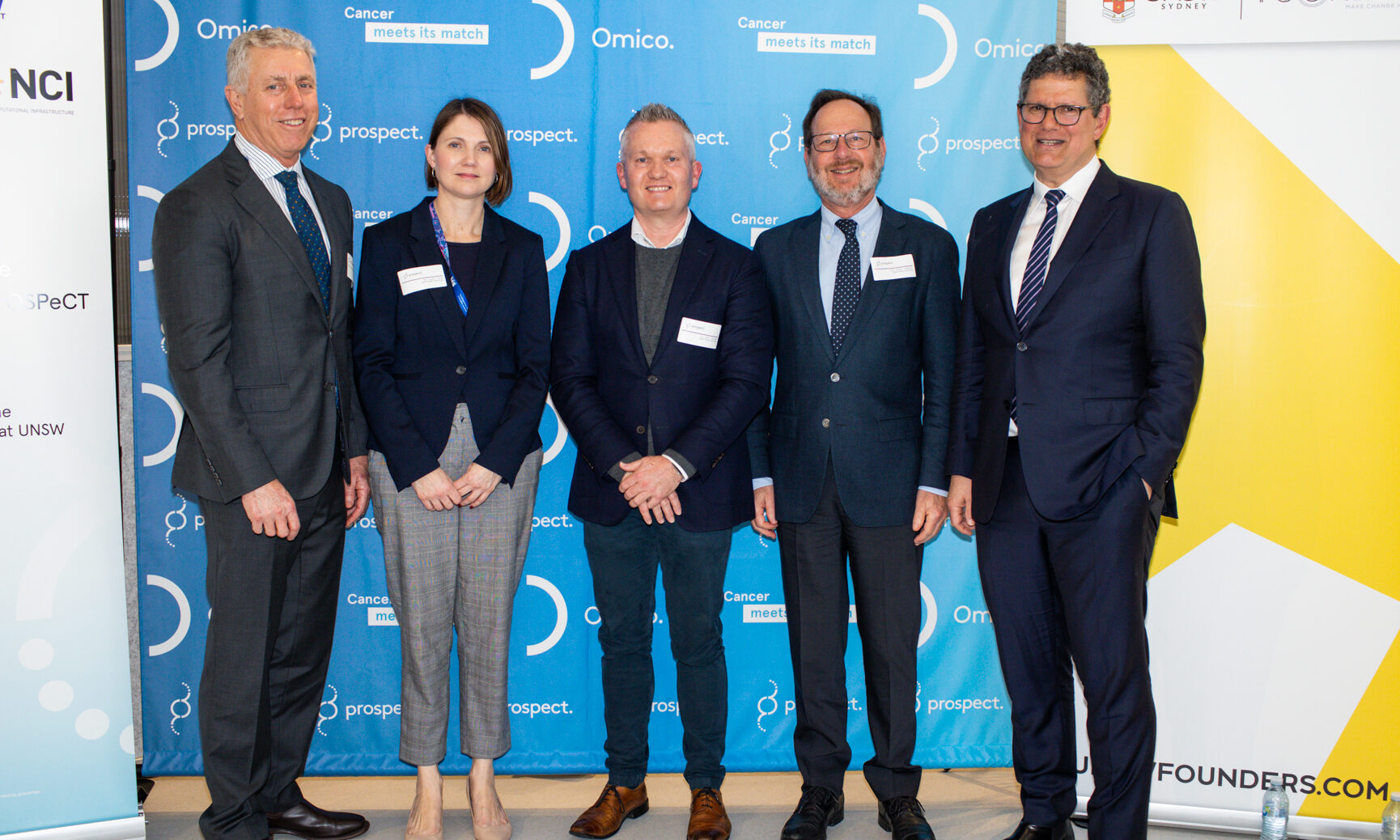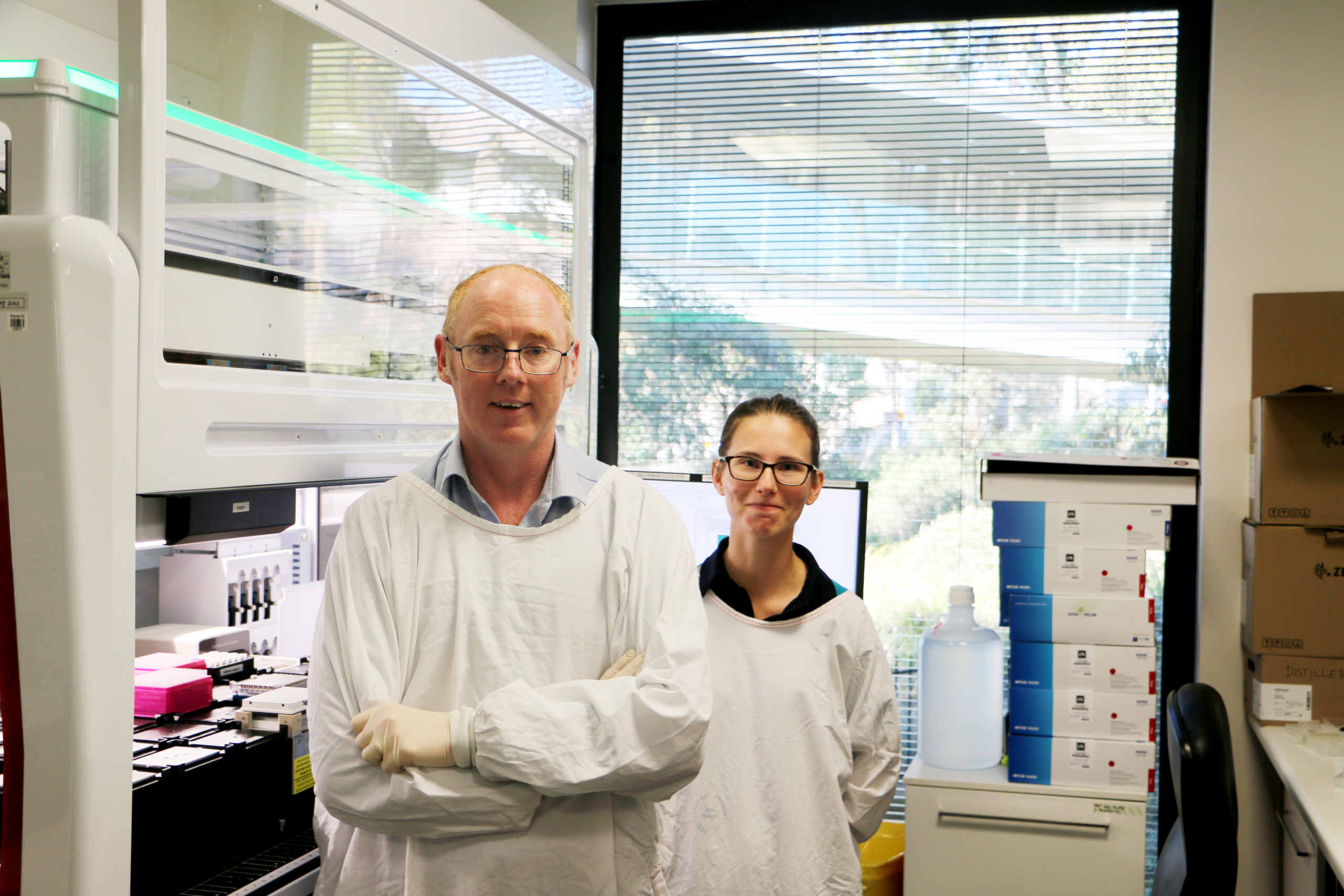Services
About our Statewide Sequencing service
We provide a genome sequencing service which gives clinicians, their patients and families a more accurate diagnosis. Providing faster, more precise diagnosis gives patients the best opportunity to receive individualised, precision medicine.
Our service provides diagnostic sequencing for rare diseases, reproductive genomics, cancer and for research.
Panel sequencing
Panel sequencing is where a subset of genes associated with a particular disease are analysed. Panel sequencing is used for well-defined genetic conditions where there is a high likelihood of identifying a genetic reason for a disease among the genes on the panel. Panels are designed for use in specific applications, usually for more relatively common genetic disorders and the analysis of panels is far less complex than the analysis of both exomes and genomes.
Whole exome sequencing
The exome is the coding section of DNA and makes up about 1-2% of a person’s entire genome. Exome sequencing uses a technique that allows many overlapping small sections of DNA to be sequenced at the same time. The exome is thought to contain most pathogenic variants. Analysing only 1-2% of the genome greatly reduces the amount of information to be filtered (sorted) and resources needed to do the test.
Whole genome sequencing
This is a similar type of test to whole exome S\sequencing but instead looks at the whole of a person’s genome. This is all genes as well as the regions in-between. This approach is important for genetic causes that are large (impacting long stretches of DNA) and/or have indirect impact on coding genes (such as genomic regions that act as regulators). Whole genome sequencing may identify more types of variants that cause a genetic condition.
Fact sheets

